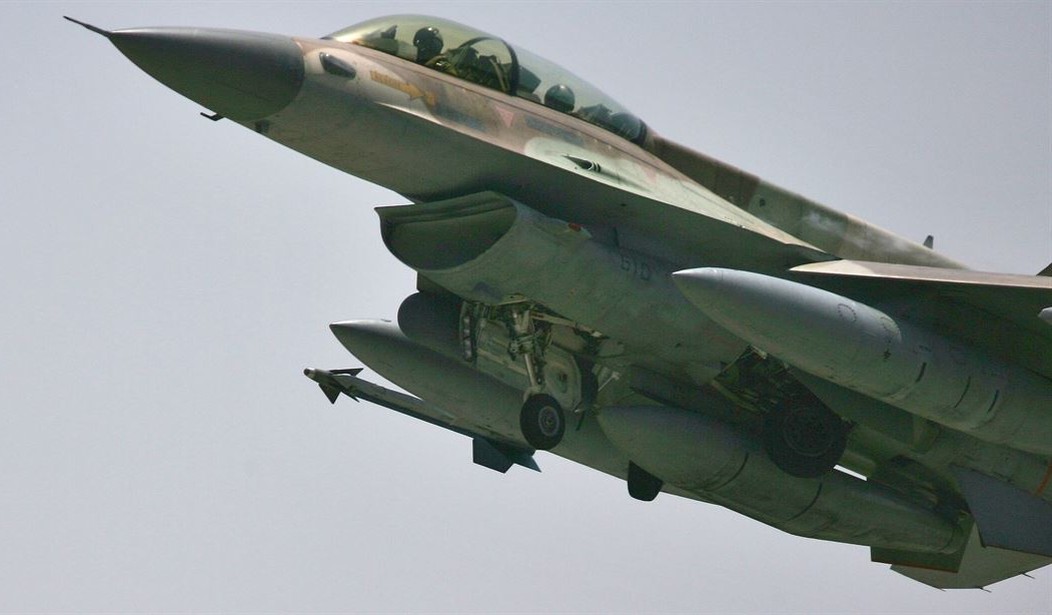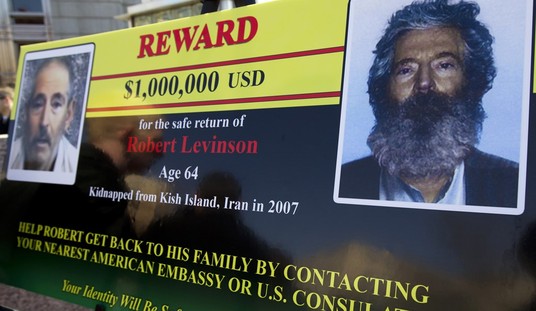In the latest wrinkle in the evolving Middle Eastern conflict, Syrian state media is claiming that a strike by Israeli missiles damaged the airports in Damascus and Aleppo on Thursday. At present Syrian media has not claimed any human casualties from these attacks, although Iran's Foreign Minister Hossein Amir-Abdollahian was allegedly scheduled to fly to Syria on Friday. Amir-Abdollahian arrived in Iraq Thursday, as part of a tour of the region.
The airports in question, Damascus International Airport and Aleppo International Airport, are two of the four airports in Syria that handle scheduled civilian passenger traffic -- the other two being Bassel Al-Assad International Airport in Latakia and Qamishli Airport in Al-Hasakah. Of these four airports, all but Qamishli handle military transport as well as civilian traffic.
State media said runways had been damaged at both Damascus and Aleppo airports and flights would be diverted to Latakia, a city in north-west Syria.
Israel has not commented on the strike. It has previously attacked targets in war-torn Syria, linked to Iran.
Iran's foreign minister was planning to fly to Syria on Friday.
Syria's Damascus and Aleppo airports not only handle civil aviation but also host military bases, which are reportedly transit points for Iranian arms sent to Hezbollah - a militant group which is powerful in both Syria and Lebanon.
An unnamed military source quoted by Syrian state media said "simultaneous" Israeli strikes had "damaged landing strips in the two airports, putting them out of service". The source called it a "desperate" Israeli attempt to divert attention from the Gaza conflict.
As of this writing, there has been no statement from Israel on this attack, although the Jerusalem Post has presented what are allegedly post-strike photos on one of the airports on X/Twitter:
BREAKING: Israel carried out a barrage of strikes on the Damascus International Airport and the Aleppo International Airport in Syria, Syrian reports alleged on Thursday.#Israel | #Syria https://t.co/R637yMxpGw
— The Jerusalem Post (@Jerusalem_Post) October 12, 2023
Syria has previously blamed Israel for similar missile attacks on the Aleppo airport, in March and May of 2023, as well as in September of 2022.
While Israel is heavily engaged with Hamas forces in the south, there have been clashes with Hezbollah forces, which operate out of Syria and Lebanon. Like Hamas, Hezbollah is backed by Iran; Hezbollah also receives support from Syria and Lebanon. Hezbollah, at present, holds 15 seats in Lebanon's parliament. There have been exchanges of direct and indirect fire between Israeli and Hezbollah forces since the initiation of hostilities.
Since the Hamas assault, there have been some cross-border exchanges of fire between Israel and militants in southern Lebanon and Syria. Israel has sent reinforcements to the north to thwart any Hezbollah attack.
If the purported missile strikes were in fact conducted by Israel, it would represent a significant escalation of the conflict in the north. Hezbollah, it is important to note, has historically been backed not only by Iran and Iran's effective proxy Iraq but also by Russia.
Following the Syrian state media release of news of the alleged attack, Russia's foreign ministry condemned the strike, claiming that the "lives of innocent people...were exposed to a real threat." This, coming from a nation that has provided technical and equipment support to Hezbollah, is one of the greatest pieces of unintentional irony to come out of this conflict today.
Israel generally does not comment on ongoing military operations.














Join the conversation as a VIP Member